While launching the Big Four Agenda, President Uhuru Kenyatta called upon the private sector to play a part in realising the target by 2022. The private sector, however, thinks that the government has not engaged them enough in actualising the President’s legacy blueprint.
One of the pillars of the Big Four Agenda is to construct 500,00 affordable houses before the next election. The steel market in Kenya is key in building houses as well as building infrastructure which is also part of the agenda.
But at an iron and steel stakeholders breakfast meeting held at the KICC on Friday, steel companies lamented how the government does not get steel manufactured locally for Infrastructure development in the country. Steel manufacturing companies’ representatives at the breakfast insistingly said the government always sought to import raw materials without finding out whether or not those materials are available locally.
Charles Gichane, the marketing manager at Apex Steel, said that the government should maximise raw materials available in the local market before importing others.
“The government should prioritise the people who are on the ground before going abroad. Sometimes, the government uses a hands-off approach where it just does the planning without being keen on who will benefit the most from the plan,” Gichane said.
“If a Kenyan goes abroad to start a business, he (or she) will not get priority but here in Kenya, we prioritise foreigners’ businesses,” Gichane added.
Kenya makes roughly Ksh 12 billion from exporting scrap metals and uses around Ksh 100 billion to import steel to be used in developing infrastructure in the country. Exporting scrap metals, however, is restricted. If it was not restricted, Kenya would make more than the Ksh 12 billion it does currently.
The Ksh 100 billion used to import steel can be reduced if the government finds a way of recycling the scrap metals exported. Scrap is exported as a raw material while the steel imported is a finished product. If only the government could give steel manufacturing companies an opportunity to turn the scrap metal to finished steel product, then it would save more and even grow the local industry.
Derrick Mbai, the director for Vartech East Africa, said that it is hard for Kenyans to market the country if the government does not give local manufacturers an opportunity to grow.
Read: Kenya star anchor Zain Verjee joins Bloomberg TV
“The government makes assumptions that local manufacturers do not approach them to request for a chance to sell their goods. I think it is the government’s responsibility to make the opportunities available for the local manufacturers,” Mbai told Business Today.

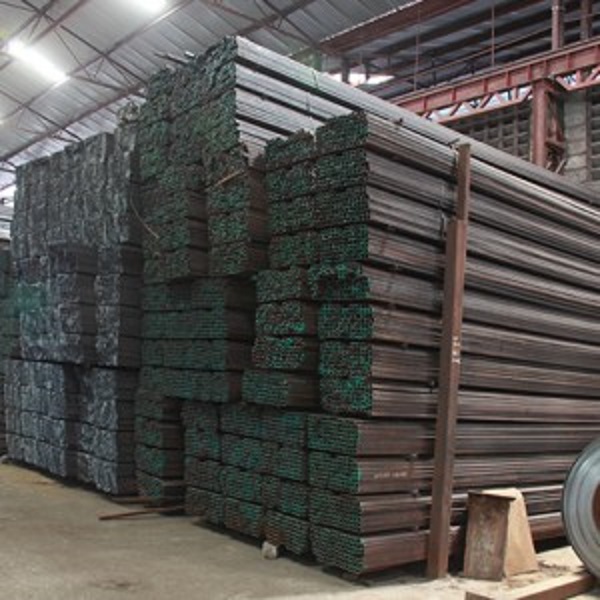




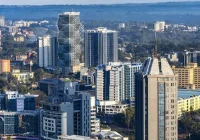
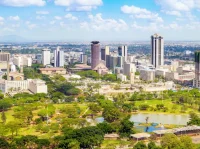

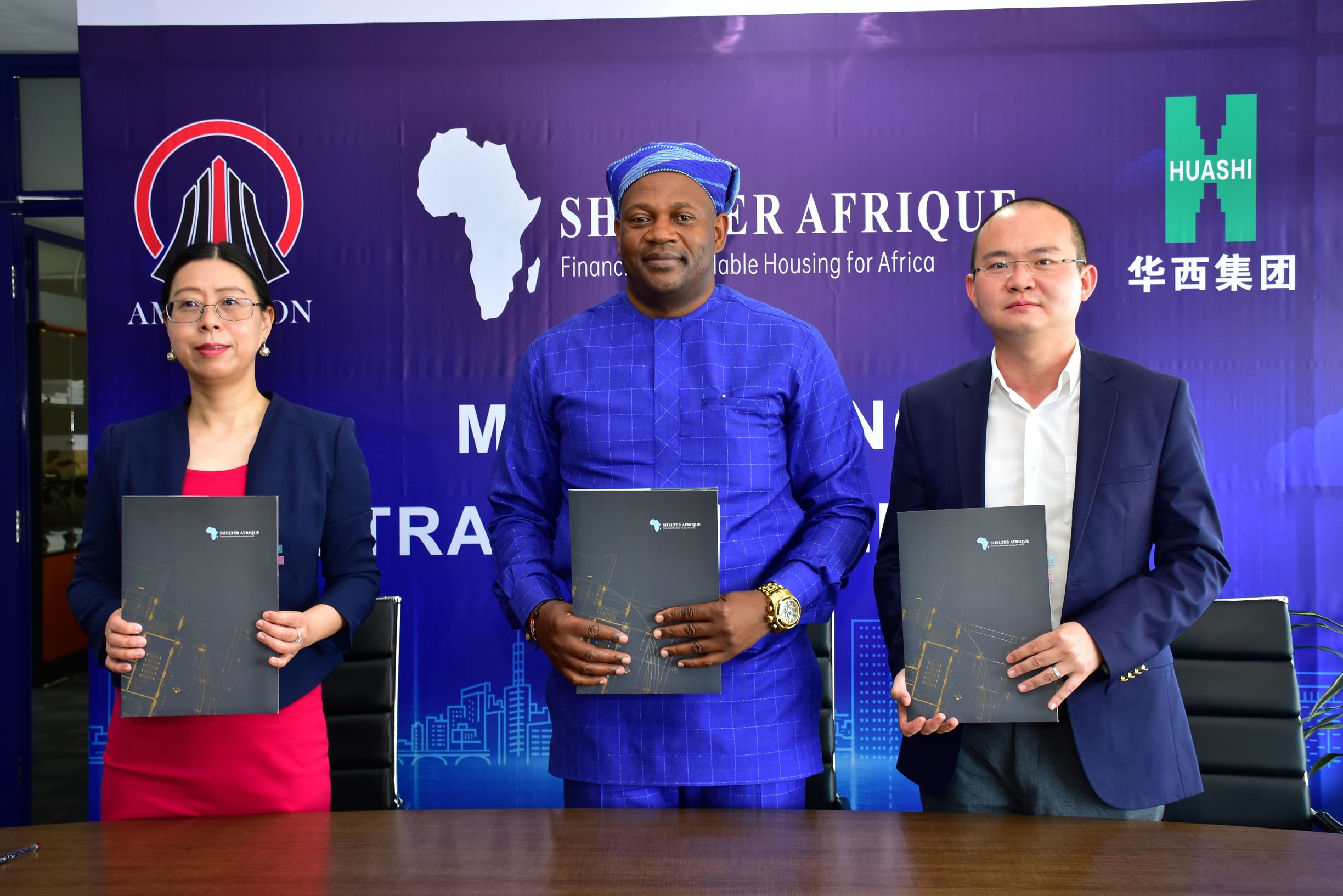


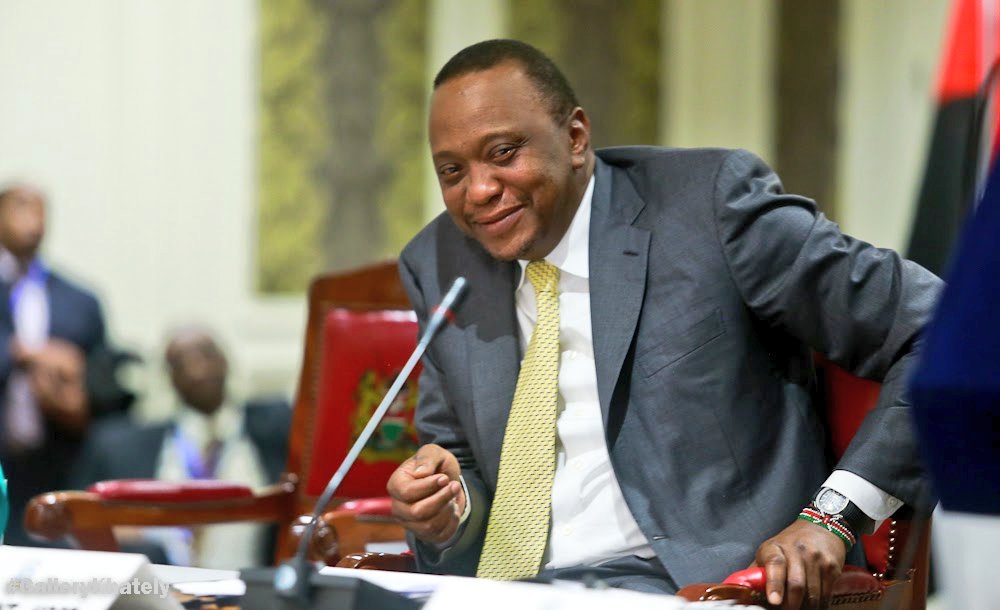
2 Comments